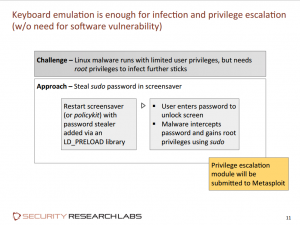It’s not a good day for Drupal users, with the security folks at the CMS platform telling all users to consider themselves compromised if they didn’t install a security patch within seven hours of its release on October 15th.
Fixing the infected sites will require a bit of work. Sites will need to be taken offline, and the current install of Drupal blown-up and replaced with a backup from before October 15th. Any changes made made to a site since that date will have to be redone. Site owners will also need to notify their hosting companies of the situation, since the Drupal exploit could also be used to hack into other sites on a host’s server. Hosts will not be happy to hear this.
Users of other CMS platforms can give a sigh of relief — after all, they’ve dodged a bullet — but they’d be well advised to pay attention; a similar scenario could play out on any platform at any time.
Christine Hall has been a journalist since 1971. In 2001, she began writing a weekly consumer computer column and started covering Linux and FOSS in 2002 after making the switch to GNU/Linux. Follow her on Twitter: @BrideOfLinux


 That was the end of it, or so I thought.
That was the end of it, or so I thought.

 Patches are available to fix the bash vulnerability known as Shellshock, along with three additional security issues recently found in the bash shell. The patches are available for all major Linux distros as well as for Solaris, with the patches being distributed through the various distros.
Patches are available to fix the bash vulnerability known as Shellshock, along with three additional security issues recently found in the bash shell. The patches are available for all major Linux distros as well as for Solaris, with the patches being distributed through the various distros.
